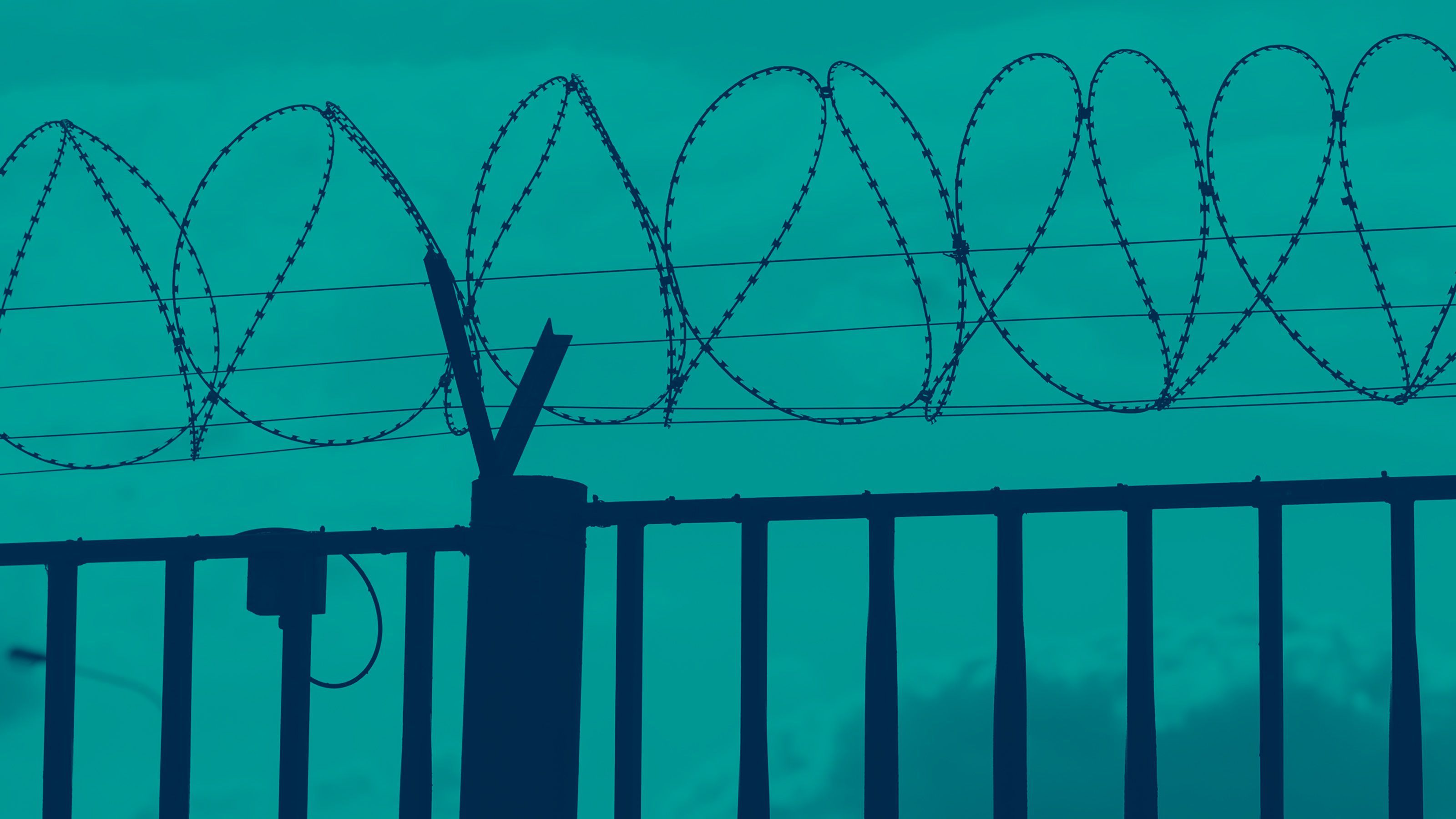{
"authors": [],
"type": "event",
"centerAffiliationAll": "",
"centers": [
"Carnegie Endowment for International Peace",
"Carnegie India"
],
"englishNewsletterAll": "",
"nonEnglishNewsletterAll": "",
"primaryCenter": "Carnegie India",
"programAffiliation": "",
"programs": [],
"projects": [
"Security Studies"
],
"regions": [
"India",
"Pakistan"
],
"topics": [
"Security"
]
}
Roundtable Discussion: Global Outreach on Operation Sindoor
Fri, August 8th, 2025
The Nilgiri, The Oberoi
In the wake of the April 2025 Pahalgam attack, India launched Operation Sindoor and carried out military operations against targets across the border with Pakistan. As part of global outreach thereafter, seven all-party delegations from India travelled to key partner countries in May and June 2025, including members of the United Nations Security Council. The delegations aimed to foster global understanding of India’s security concerns, through its engagements with governments, policymakers, and civil society. The roundtable brought together some diplomats from these delegations to reflect on their experience. How did partner countries view the India-Pakistan crisis? How was the outreach received by governments and the public in partner countries? What does the experience of the outreach reveal about India’s communication of its geopolitical choices?
Carnegie India hosted a private roundtable discussion on the Global Outreach on Operation Sindoor. The discussion was moderated by Rudra Chaudhuri.
DISCUSSION HIGHLIGHTS
Key Takeaways from the Global Outreach on Operation Sindoor: All-party delegations from India travelled to six European and five East Asian countries as a part of global outreach after Operation Sindoor. They met with parliamentarians, think tanks, media representatives, and diaspora groups. During the discussion on these visits and engagements, participants noted that delegates were not asked to present any evidence of Pakistan’s role in the Pahalgam attack and faced no criticism for India’s actions. Contrary to expectations, even the Kashmir issue was not raised and any suggestions for mediation were rejected by the delegates, underscoring India’s autonomy. Leaders condemned terrorism and refrained from equating India and Pakistan. The delegates also stressed that India’s national security response did not amount to a hyphenation with Pakistan but was consistent with its broader policy of prioritizing its security. All stakeholders appreciated India’s restraint and quick de-escalation, further signifying its status as a proportionate and responsible actor. However, concerns were raised regarding the nuclear dimension and economic fallout of the conflict. The delegations clarified India’s nuclear doctrine, emphasizing that the conflict remained below the nuclear threshold. European counterparts, along with Japan and Singapore, steered discussions towards trade, investment, and economic partnerships, recognizing India as a rising economic power. Overall, participants acknowledged that the outreach demonstrated that India’s security doctrine was accepted by the international community. India is increasingly seen as a trade-oriented, responsible power while safeguarding its long-term economic and security interests.
Geopolitical Dynamics During Operation Sindoor: Participants discussed the geopolitical aspects surrounding Operation Sindoor and traced Pakistan’s relations with its allies and their engagements through the crisis. China had expressed political and military support to Pakistan by consistently supplying military equipment and real-time intelligence. However, the largely transactional relations between the two might be impacted if a new modus vivendi is established between India and China. Moreover, considering regional instability and increasing attacks on Chinese people and infrastructure in Pakistan, the potential failure of China-Pakistan Economic Corridor may deteriorate their relations. Participants also analyzed the role played by Türkiye and its other allies during the crisis, including the use of Turkish drones by Pakistan, along with its assistance in cyber warfare and disinformation campaigns. Additionally, participants explored the role of the United States in de-escalating the crisis and in reaching a ceasefire, as there has been a notable lack of clarity on Washington’s role. Subsequently, in recent weeks, Islamabad’s growing ties with Washington are a concern for New Delhi but pose an even bigger concern for Beijing. Participants agreed that these developments may be sporadic, and India must not lose patience.
Lessons Learnt and the Path Ahead: Participants discussed the lessons learnt during and in the aftermath of Operation Sindoor, and identified areas where India requires improvement. First, New Delhi should strengthen its strategic communication and narrative building. Over the years, Pakistan has invested significantly in Western think tanks and media, and India too should step up efforts in this regard to secure its interests and status as a major power. Second, India should synchronize its ideation, execution, and narration and establish them in advance. Instead of abruptly sending delegations, New Delhi should maintain a consistent presence in countries to help advance its interests within the international community. Third, India must prioritize the development of its economy and nation-building rather than getting politically entangled with Pakistan. Economic prosperity will lay the groundwork for enhanced security and international stature, and resilient economic and trade partnerships with countries across the world are important. Fourth, parliamentary friendship groups with other countries must be rejuvenated to ensure constant engagement and communication, along with other such diplomatic initiatives. Lastly, on matters of national security, India must be prepared to act independently while continuing its efforts at the United Nations and with other countries in building a strong consensus against terrorism.
This summary was prepared by Mugdha Satpute, young ambassador with the Security Studies Program, and Navya Godi, young ambassador with the Technology and Society Program, at Carnegie India.
Carnegie does not take institutional positions on public policy issues; the views represented herein are those of the author(s) and do not necessarily reflect the views of Carnegie, its staff, or its trustees.